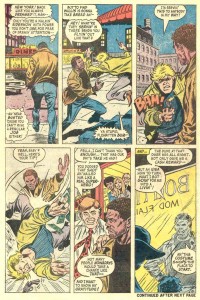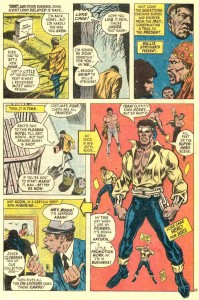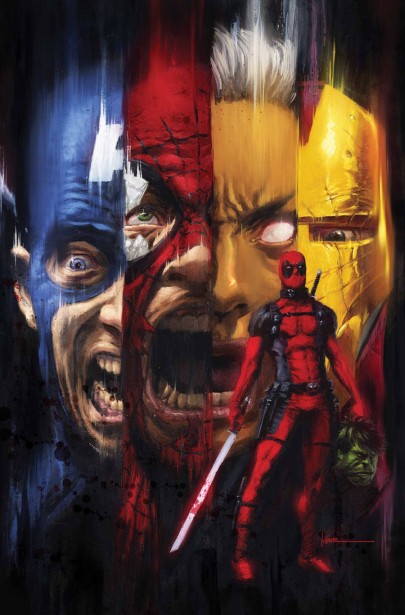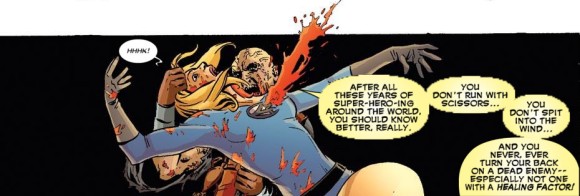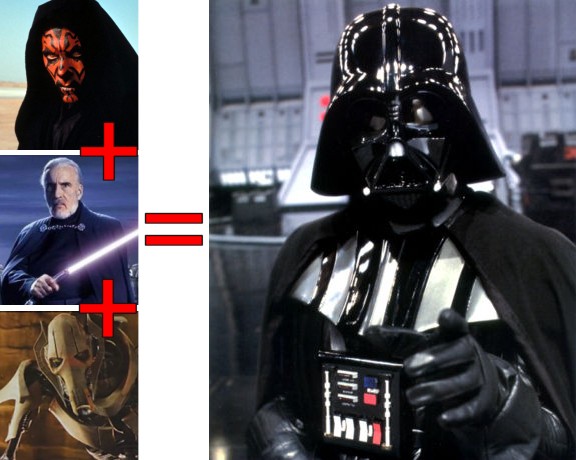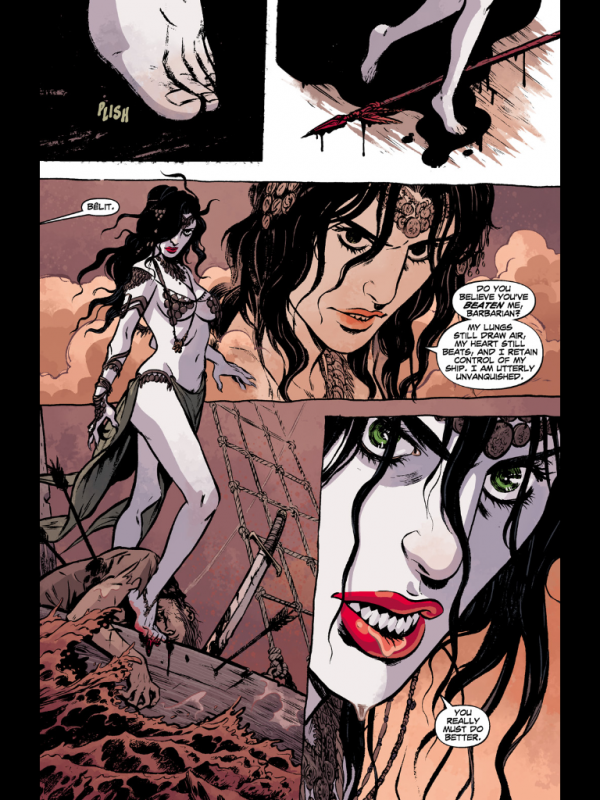
Dustin Harbin’s “Boxes” Is Real Talk
September 11th, 2012 Posted by david brothersLast December, I started a draft for a post. The working title was “guts,” with the loose idea being that I would talk about or around a few different scenes that rip your guts out, emotionally. I went back and forth over it a few times and never came up with anything that I thought particularly worked or had the effect I wanted. But it stayed in the back of my head and I wanted to make it work.
I think I was inspired to do it by Frank Ocean’s “There Will Be Tears,” particularly the first verse:
My grandaddy was a player
Pretty boy in a pair of gators
See I met him later on
Think it was 1991
The only dad I’d ever know
But pretty soon he’d be gone too
Hide my face, hide my face
Can’t let ’em see me crying
‘Cause these boys didn’t have no fathers neither
And they weren’t crying
My friend said, “It wasn’t so bad
You can’t miss what you ain’t had”
Well I can
Which is maybe the roughest moment, emotionally, on Ocean’s Nostalgia,ULTRA.. The album’s full of these little moments of sharp, burning resonance. Some of them are warm, like when Ocean explores what guys do to trick girls into liking them on “Songs for Women.” Others are darker, and the darker ones stand out for me a little more. But they’re harder to describe, to explain why you like them, because that involves talking just a little bit more about yourself than I’d like.
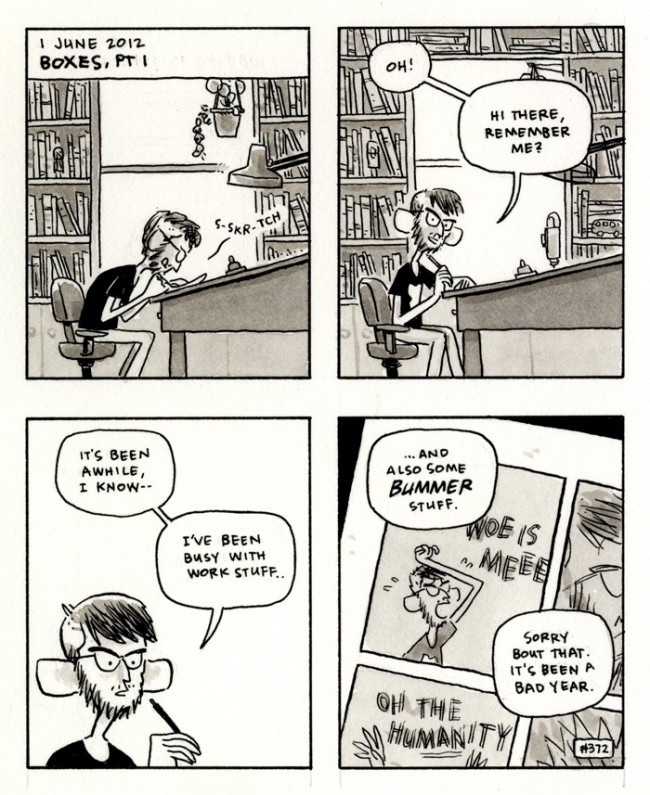
I’ve had the pleasure of getting to know comics artist Dustin Harbin via Twitter over the past… year? Six months? I don’t know. Some amount of time that is shorter than five years and longer than two weeks. He’s a cool and funny dude, so it feels like I’ve known him longer. He’s been doing a strip called Boxes since June, beginning here, and I’ve greatly enjoyed it. Boxes is a lot of things, but the simplest way to put it is that it’s about how we perceive the passage of time — long, drawn out periods of time suddenly flashing to their end point, moments that stretch into infinity — and how we perform our personalities.
(It’s a pretty book, too, of course. Harbin sticks to a neat four-panel grid, two by two, and when he breaks the grid, it’s to great effect. He’s using watercolors on the background, I believe, which gives the comic a cool soft appearance. Harbin’s self-caricature is great, all ears and beard, and while it takes some of the sting out of the emotional content Harbin is writing about, it doesn’t decrease the power of the points he makes at all. It turns his comics musings into a scalpel, instead of a knife. [Maybe that only makes sense in my head, but I sure do mean it.])
Boxes is good. It’s harrowing. He talks about asking questions, instead of volunteering information, and how that’s a sign of (his, but really “our”) introversion and nervousness. He talks about feeling stagnant while his friends proceed apace. He talks about when life makes sense and when it stops making sense, and what we do to cope. He manages to do all of this while tying in physics (astrophysics? I am not a Scientist), Albert Einstein, and what it feels like to be a part of the comics industry.
I read Boxes and I get that weird bad/good feeling that you get from watching movies or reading books that make you cry. It’s sort of like the feeling I associate with horror movies, a “Bad things are about to happen” type of foreboding, but with the benefit of knowing there’s an answer at the end, or if it not an answer, confirmation that you aren’t alone. A creeping/comfortable feeling, maybe, or brutalized/validated.
The bad feelings that you get from the work, the lumps in your throat and identification you feel, hurt, but they also confirm that someone else is feeling what you feel.
Do you remember this bit from Casanova: Avaritia, by Gabriel Ba, Matt Fraction, Cris Peter, and Dustin Harbin? This is what I mean.
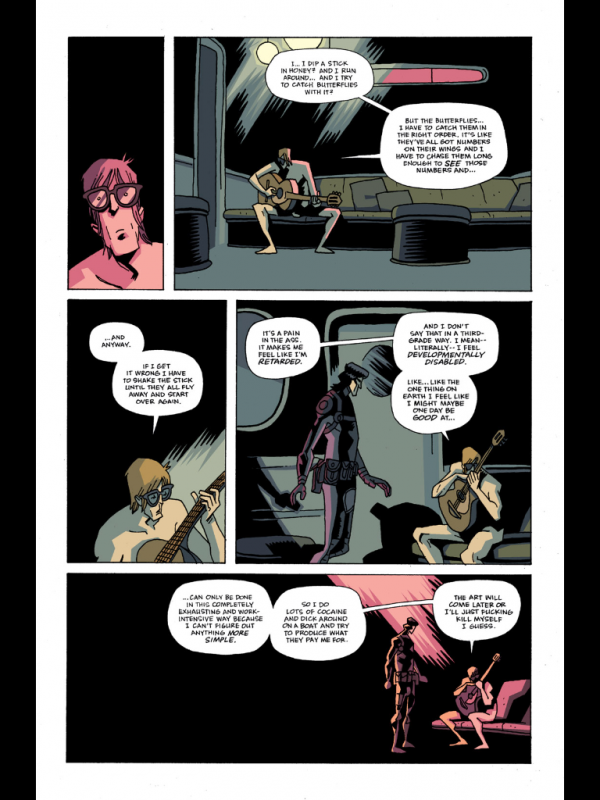
I can’t do this stuff. I’ve tried. I recently wrote a piece about not grieving over on my pal David Wolkin’s objects & history & feelings blog. It took a lot out of me, and a different kind of “a lot” than writing about race, which is something else that’s hard to do sometimes. The level of introspection required to not just identify your feelings, but track why you feel that way, come to an answer that doesn’t totally destroy you, and then put all of that in front of other people… that’s tough.
It’s tough because you essentially have to look at yourself and, instead of hiding it like we all do, put exactly what’s wrong with you on display for yourself and others. And that’s terrifying. I always feel like I’m held together with duct tape and spiteful stubbornness, and doing anything that would upset that balance would inevitably lead to my ruin. Isn’t that stupid? But it’s true.
The boxes that Harbin is talking about are what we hide behind. At one point, he says that he’s “trying to be real, to be actual, to be present and engaged… to populate my world with real input, rather than endless projections, status updates, possible tweets, and bullshit.”
And that is true. There are definitely several types of David, from pseudo-scholar 4thletter! to glib and annoying twitter David to whatever personality it is I put forth on tumblr David. They’re all a pose, to an extent. They’re all true, obviously, but they aren’t the True David, right? They’re what I choose to show you, in an attempt to make you like me and feel good about myself.
Boxes is good because Harbin is cutting through all that stuff and trying to be real on the page, as in his real life. So he’s frank and honest about himself and his emotions, and that scares me a little, but it also drew me in. I can relate to what Harbin’s going through and trying to work out. He’s able to do it in a much more public and compact way than I ever could, and I’d be lying if I said I wasn’t just a tiny bit jealous of that fact.
You should read Boxes. Harbin nails an ending that’s actually usually pretty tough for me to buy, which is awesome. If you can afford it, you should definitely pre-order Diary Comics 4, which includes Boxes and fifty more pages of comics. Diary Comics 4 is debuting at SPX this weekend, and he’ll be shipping out print copies after that.
Pick it up if you’re at the con, if you like comics like the ones I like.

